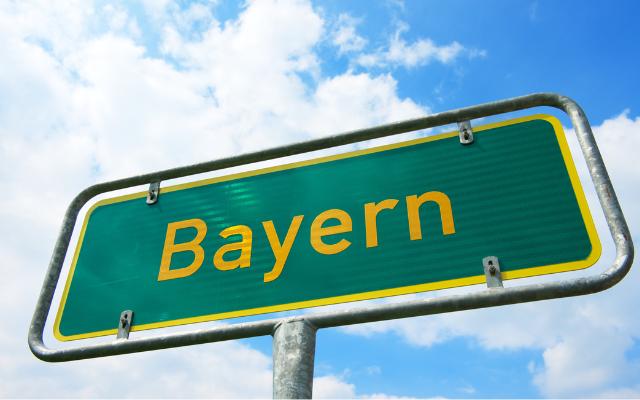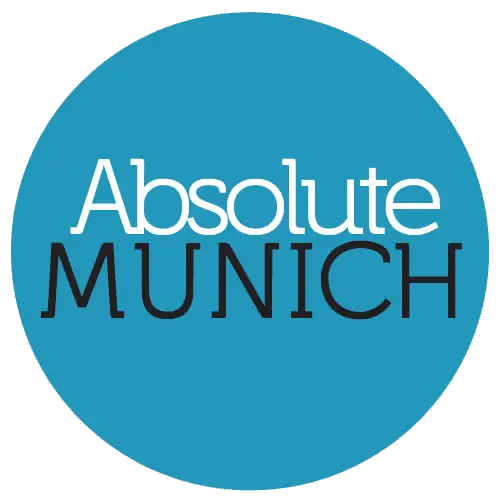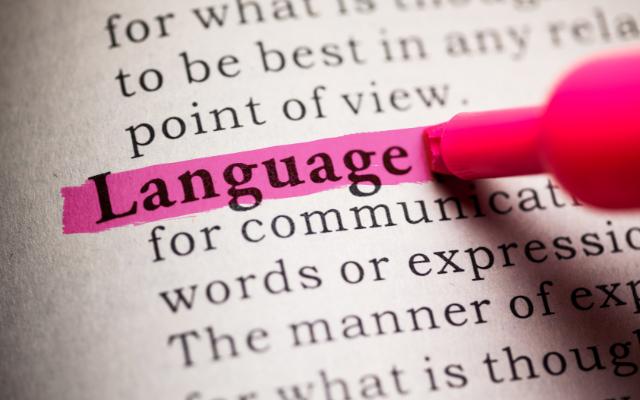Yes, Bavarian can be considered a distinct language in its own right with West Germanic origins. Although many often classify Bavarian as a German dialect, Bavarian definitely has its own set of linguistic features and distinct cultural identity pointers that set it apart and designate it as language.
As one of the most distinctive regional languages (and dialects) in Germany, the question of “Is Bavarian a language?”, has fascinated linguists for decades and holds an intriguing position in debates around what actually constitutes a separate language versus just a dialect.
And believe us, we’ve had this discussion many times ourselves.
So in this brief article, we attempt to explain and understand the roots and status of Bavarian, a language that we believe opens a window into the vibrant history and essence of Bavaria itself.

What is Bavaria and Where is Bavaria?
Bavaria is a beautiful and historic federal-state situated in the southeastern region of Germany.
It is the largest German state by area, covering over 70,000 square kilometers. Bavaria shares international borders with Austria and the Czech Republic.
Known for its gorgeous scenic landscapes dotted with castles, crystal clear lakes, and rolling foothills of the Alps, Bavaria is certainly culturally distinct from the rest of Germany.
While often associated with Oktoberfest, lederhosen, and other traditions, Bavaria is so much more than those stereotypes.
It’s a region deeply steeped in history, culture, and resilient local pride and this rich heritage extends fully into the linguistic landscape of Bavaria as well.
The Bavarian dialect is just one example of what sets this state apart within Germany and understanding the roots and status of the Bavarian language provides a window into the essence of Bavaria itself.
This article Answering The Question of “Is Bavarian A Language”? Is An Opinion Piece
We are not linguists here at Absolute Munich and whilst all information in this article is 100% factual there is no official body that says whether or not Bavarian Is a Language. It is our wholehearted opinion that it is, however.
The Linguistic Landscape of Bavaria And Beyond
Within the borders of Bavaria itself, the primary language spoken is obviously German.
However, the region is also home to a variety of dialects, including the prominent Bavarian and it’s this linguistic diversity makes Bavaria a fascinating subject for language enthusiasts and German learners alike.
The Bavarian language has an estimated 14 million speakers globally and is comprised of three main regional dialect groups.
- In Northern Bavaria, the Northern Bavarian or Nordboarisch dialect prevails. It’s spoken across areas like the Upper Palatinate, Upper Franconia, parts of Saxony, and Upper and Lower Bavaria. This northern dialect exhibits its own distinct linguistic traits and pronunciations.
- The Central Bavarian or Mittelbairisch dialect is common in the core areas of what is considered Bavaria and Austria today. Encompassing the Danube River valley, Central Bavarian speech can be heard across communities in central Austria and much of southern Germany. While Viennese German has roots in Central Bavarian, the modern dialect of Munich is much closer to High German.
- Finally, Southern Bavarian or Südbairisch is spoken primarily in Tyrol, spanning areas of Austria, Italy and Carinthia. The southern dialect contains characteristic vocabulary and structure setting it apart from other Bavarian sub-groups.
With three main dialect regions, the Bavarian language contains diverse and fascinating variations that provide insight into the long history and cultures present across Bavaria and indeed the wonder region.

So, Is Bavarian a language or a Dialect?
This is where the crux of the matter lies and to understand whether Bavarian is a language or a dialect, one must first know what specifically constitutes a language.
A language typically has its own grammar, and vocabulary, and is often the official language of a particular geographical area. Here is what they say on the linguistical expert website TOPPAN:
o quite a large extent, any distinctions between dialects and languages are arbitrary. Scholars and linguists don’t all agree on the criteria for distinguishing a language from a dialect, so there’s a lack of consistency in how they are defined.
While Bavarian is not noted as an official language according to some “experts”, one must also recognize the fact that there isn’t actually an official body that makes decisions on what is, and what is not a language.
So perhaps the decision is up to you, our Absolute Munich blog readers.
The Role of The Bavarian in Austria and Bavaria
Bavarian, also known as Bairisch or Boarisch, shares many features with standard German but also has its own specific and unique characteristics. And these are also determined by the regions of Bavaria.
Interestingly, Bavarian is not confined to Bavaria alone. The dialect is also prevalent in certain parts of Austria, adding another layer to its linguistic identity.
This regional language serves as a cultural bridge between Austria and Bavaria, further complicating its classification (by us) as a language.
The German Educational System and The Bavarian Language
In Germany, education falls under the jurisdiction of each federal state, including Bavaria.
Bavarian schools focus instruction in High German, the official standardized language across subjects. However it’s also very true that many Bavarians continue using some form of the Bavarian dialect in daily life at home and in their communities.
This dual approach reflects the linguistic diversity within Germany. While High German brings unity, Bavarian dialects reveal the essence of unique local cultures woven into the broader fabric.
The formal High German taught in schools coexists with the colloquial Bavarian spoken informally. This complex interplay highlights the multifaceted language dynamics that shape Bavarian culture.
Is Bavarian A Language: Absolute Munich’s Thoughts
Understanding whether Bavaria is a language or a dialect is more than a semantic debate. It’s a journey into the heart of Bavaria’s cultural and linguistic identity.
While it may not have the “official” status of a language according to those so-called experts, Bavarian holds a special place in the hearts and minds of those who speak it.
Certainly for us, as we live and travel through Bavaria, we love speaking the everyday Bavarian Phrases that make our interpersonal and business relationships that little bit more fun than they otherwise would be.
Cheers and thanks for reading!
Read more about Munich Landmarks in this article HERE.

